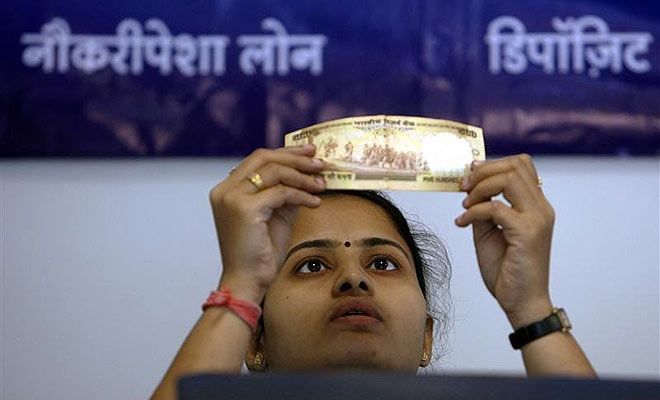
For companies that depend on imports such as consumer durables and electronics, this means a period of volatility, which impacts busines
Consumer durables and electronic companies are closely monitoring the rupee’s fall.
The currency breached 67 to a dollar on Monday, raising the likelihood of price rise soon in the segment.
C M Singh, chief operating officer, Videocon Industries, said: “A one-rupee fall (in the exchange rate) has a straight 1.5 per cent impact on prices.
Most companies were working on Rs 65-66 to a dollar.
"It has crossed Rs 67 and my fear is, it will touch Rs 68 in the near term, implying we might have to take price hikes in the new year.”
Companies expect a further fall because of the looming threat of a rate increase by the Federal Reserve System, the US’ central bank.
The latter has kept interest rates at near-zero levels, driving foreign institutional investors to pump money into emerging markets such as India.
A rate rise will see FIIs plough their money back into developed markets, resulting in volatility in the stock and currency markets, experts said.
For companies that depend on imports such as consumer durables and electronics, this means a period of volatility, which impacts business, sector analysts said.
On an average, the import component in white and brown goods is 50-75 per cent.
Companies executives privately say air conditioners are expected to be the first to see a price rise, since most companies begin placing ACs with the trade around January-February every year.
“If a price hike due to rupee volatility is not taken in Jan-Feb, it will become difficult to revise prices when the season kicks in by March-April,” said the chief executive of a home appliances company.
“Both consumers and the trade will resist it.”
The Rs 60,000-crore (Rs 600-billion) consumer durables and electronics market has suffered from the impact of a cut in discretionary spending by shoppers in the past few quarters.
While the Diwali season was good, driven by sales in larger cities and stores, a slump has since begun.
Most companies are running offers and discount schemes to clear leftover stock from Diwali. Which is why a price rise in the new year doesn’t bode well for them.
PRICEY GOODS
- Re breached 67 to a dollar on Monday
- Due to the threat of a rate increase by the US Fed, further fall is expected
- The import component in white and brown goods is 50-75 per cent
- Air conditioners are expected to be the first to see a price rise
- Companies are running offers and discount schemes to clear leftover stock from Diwali










